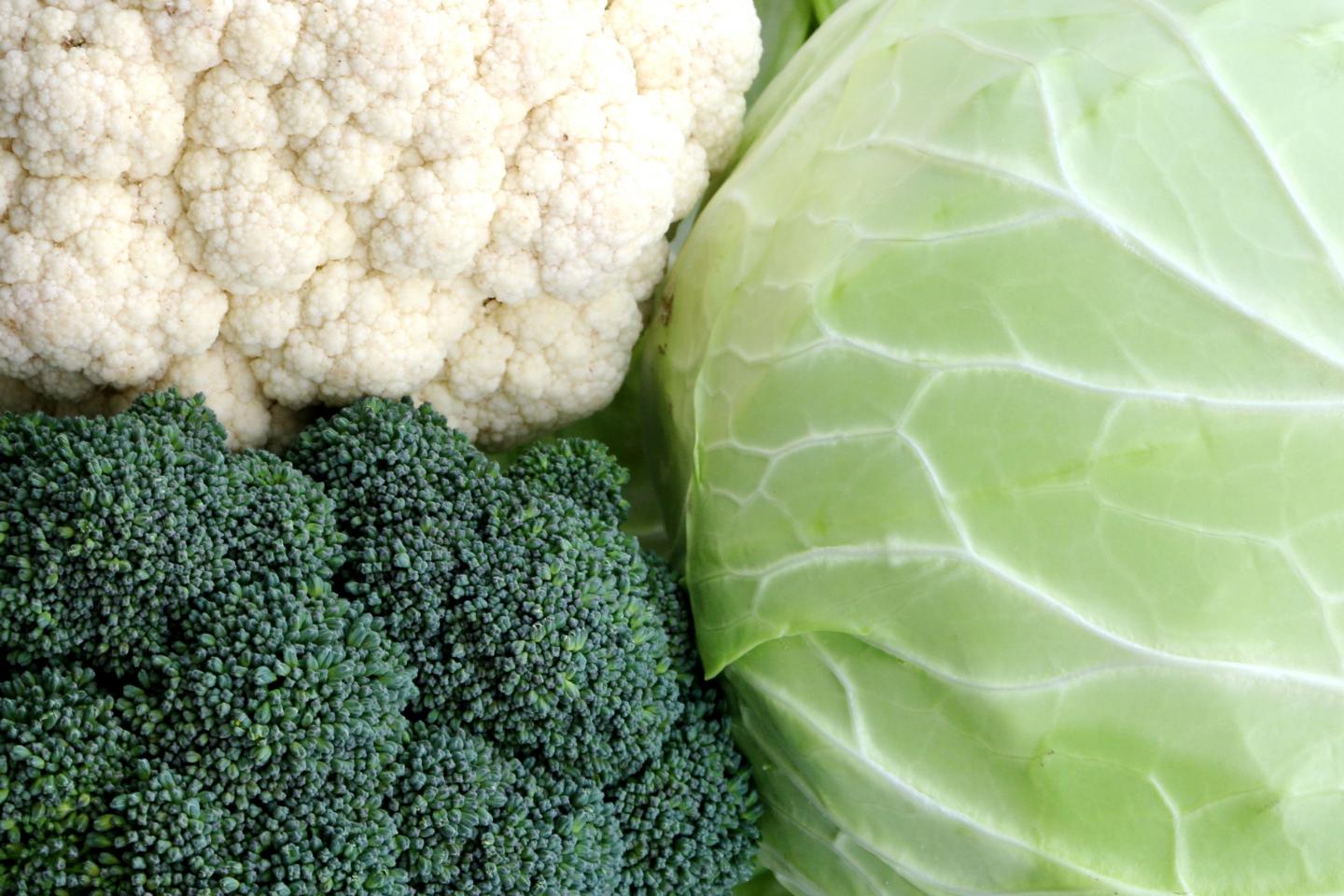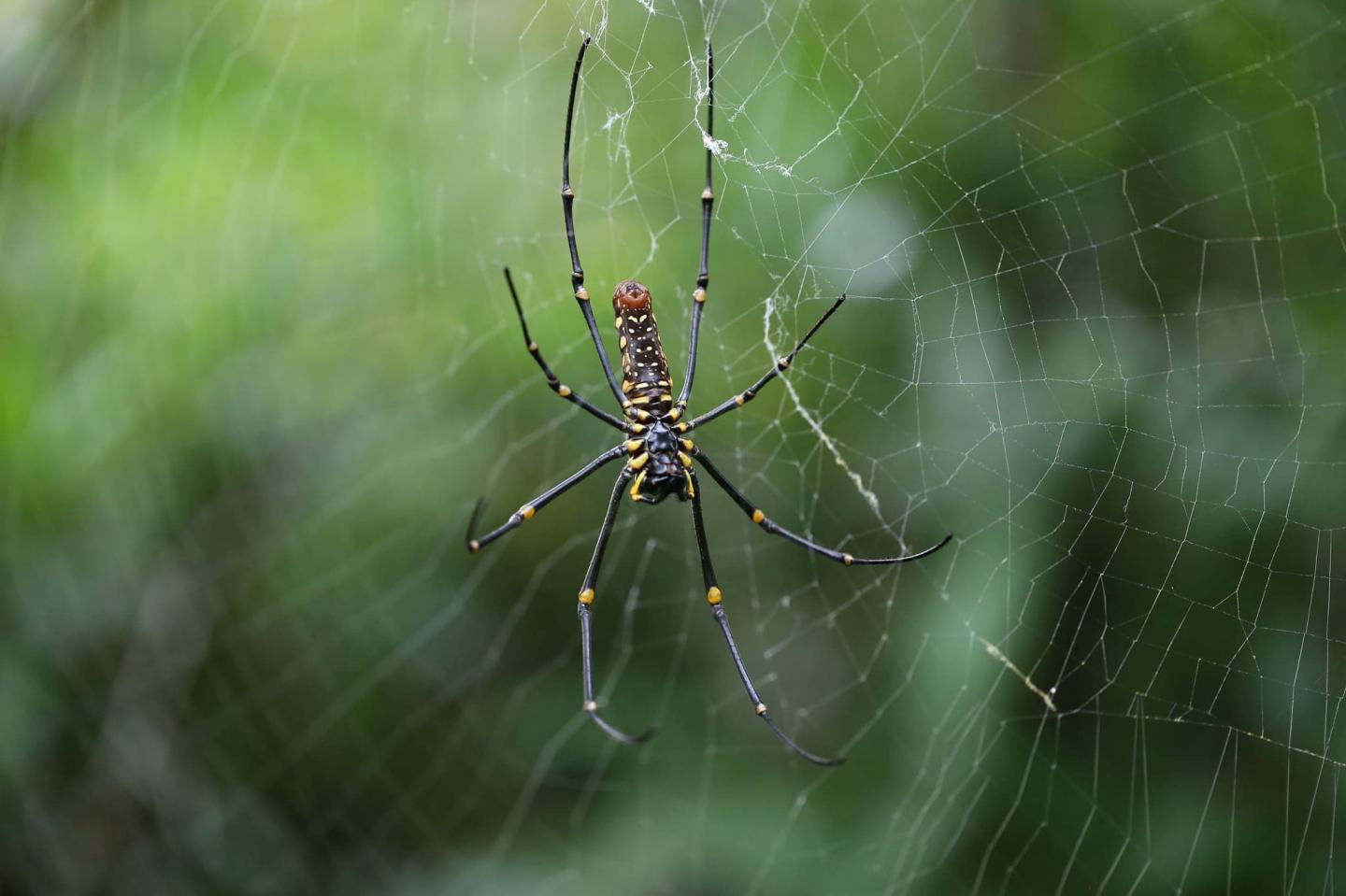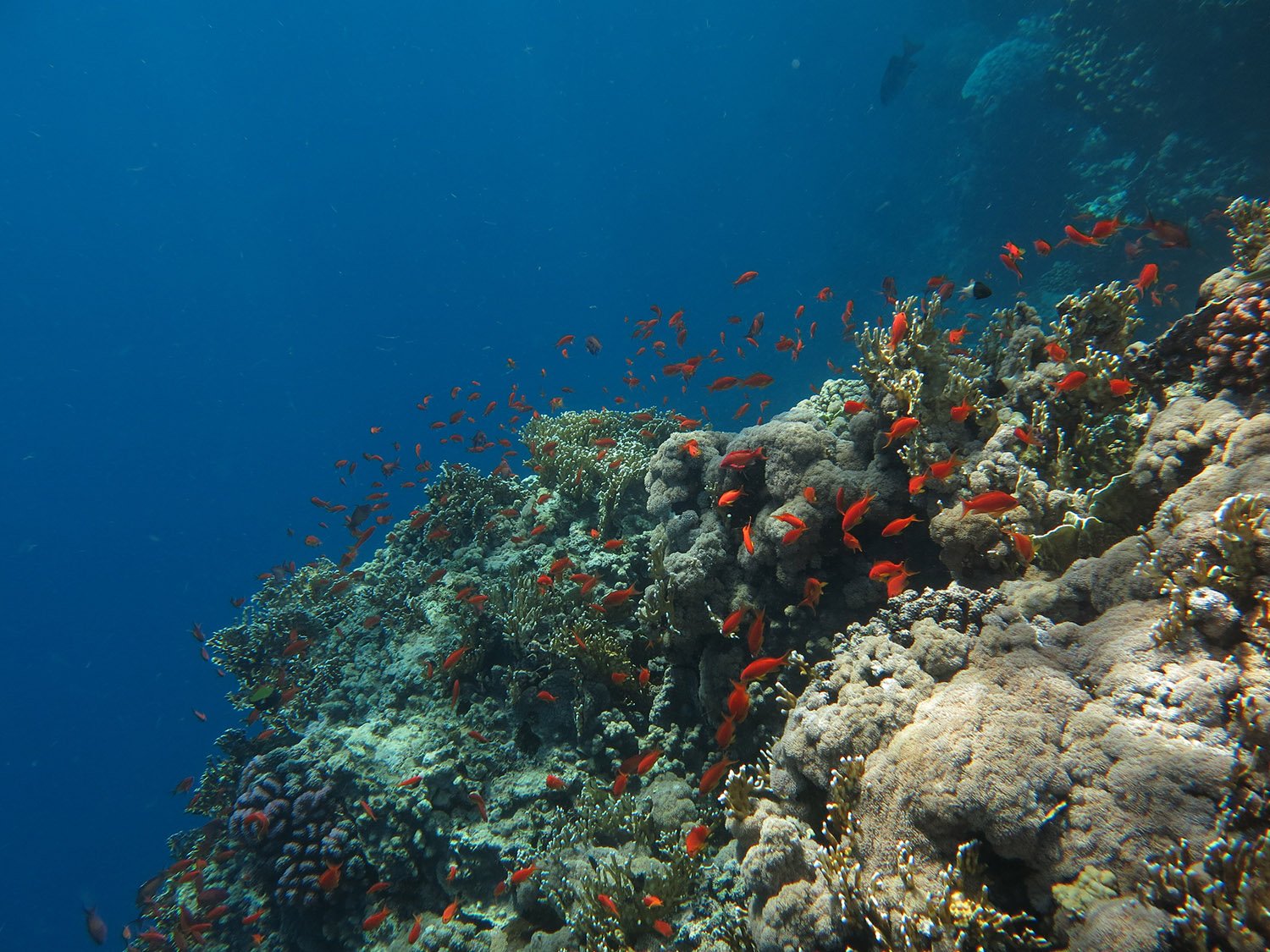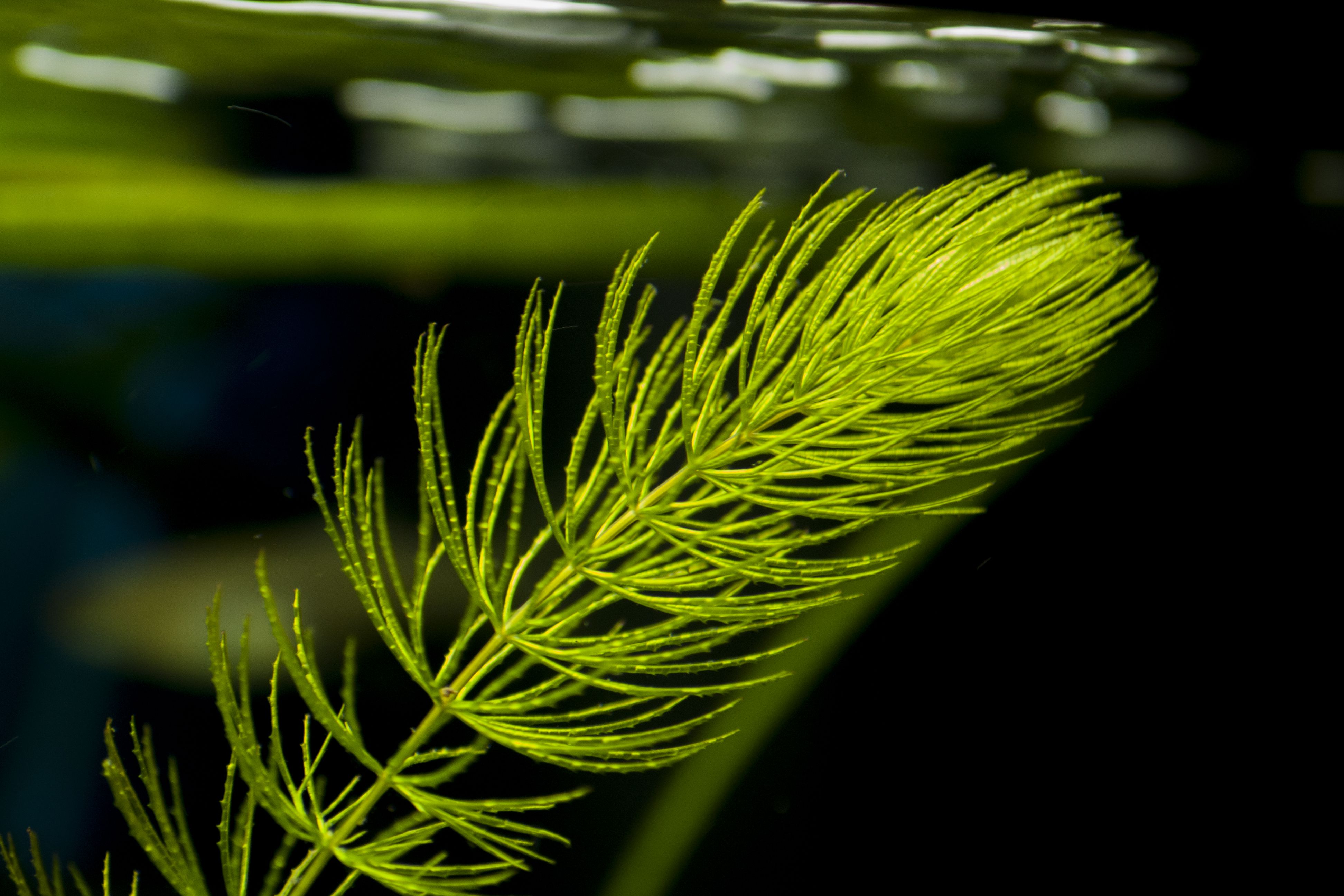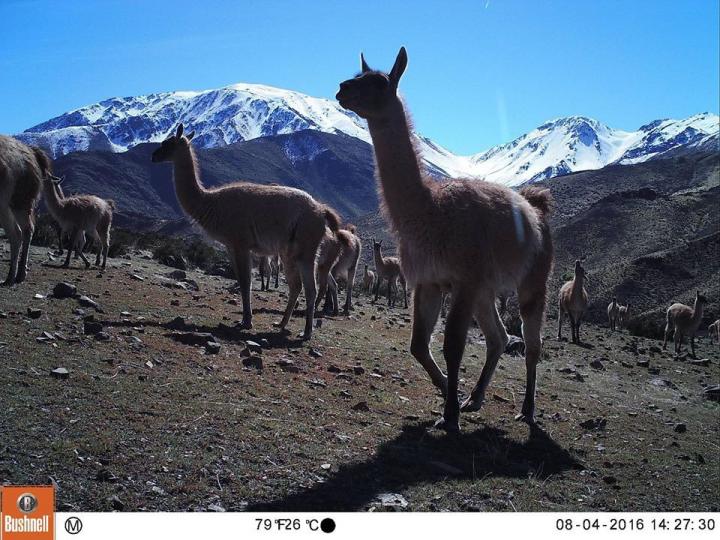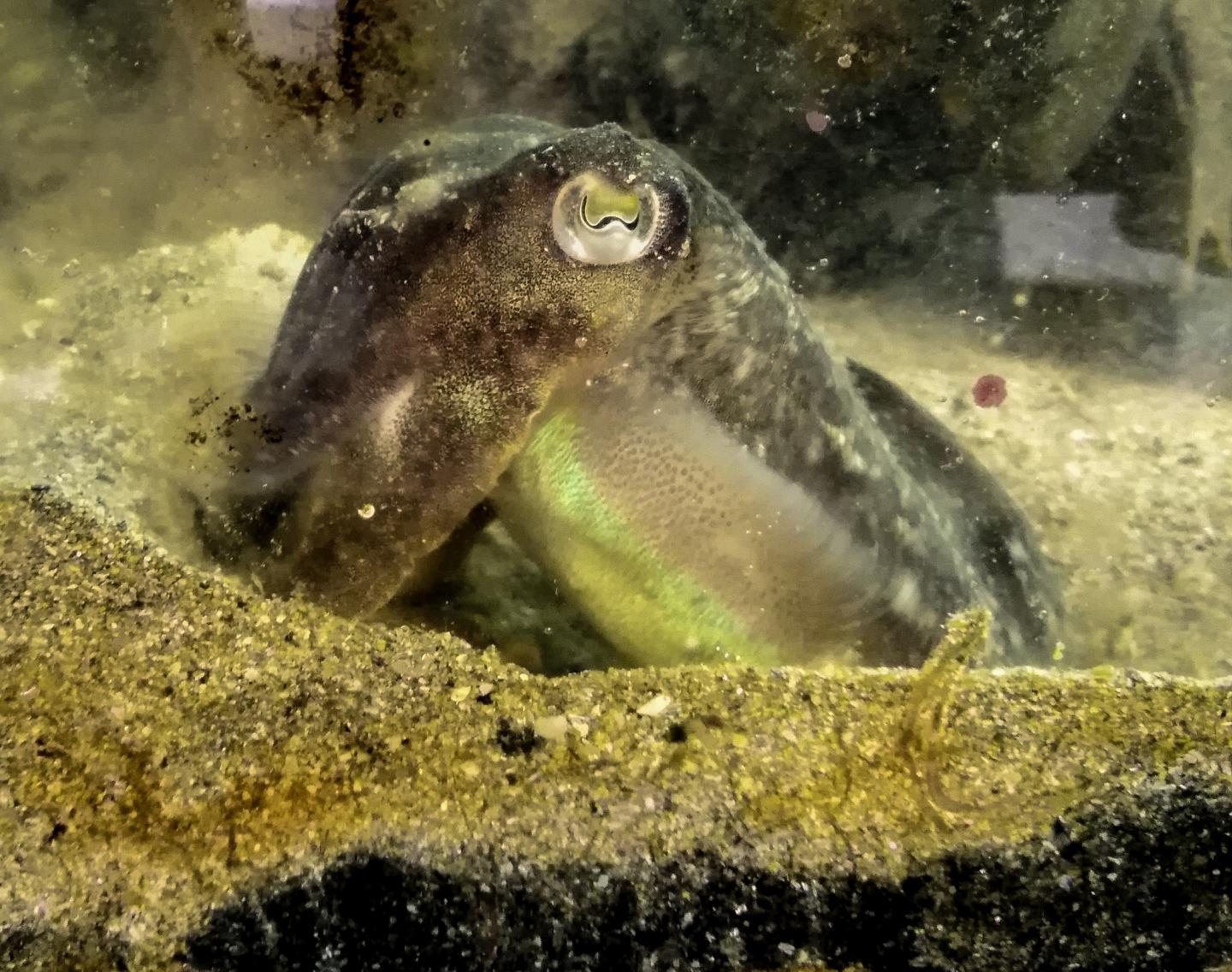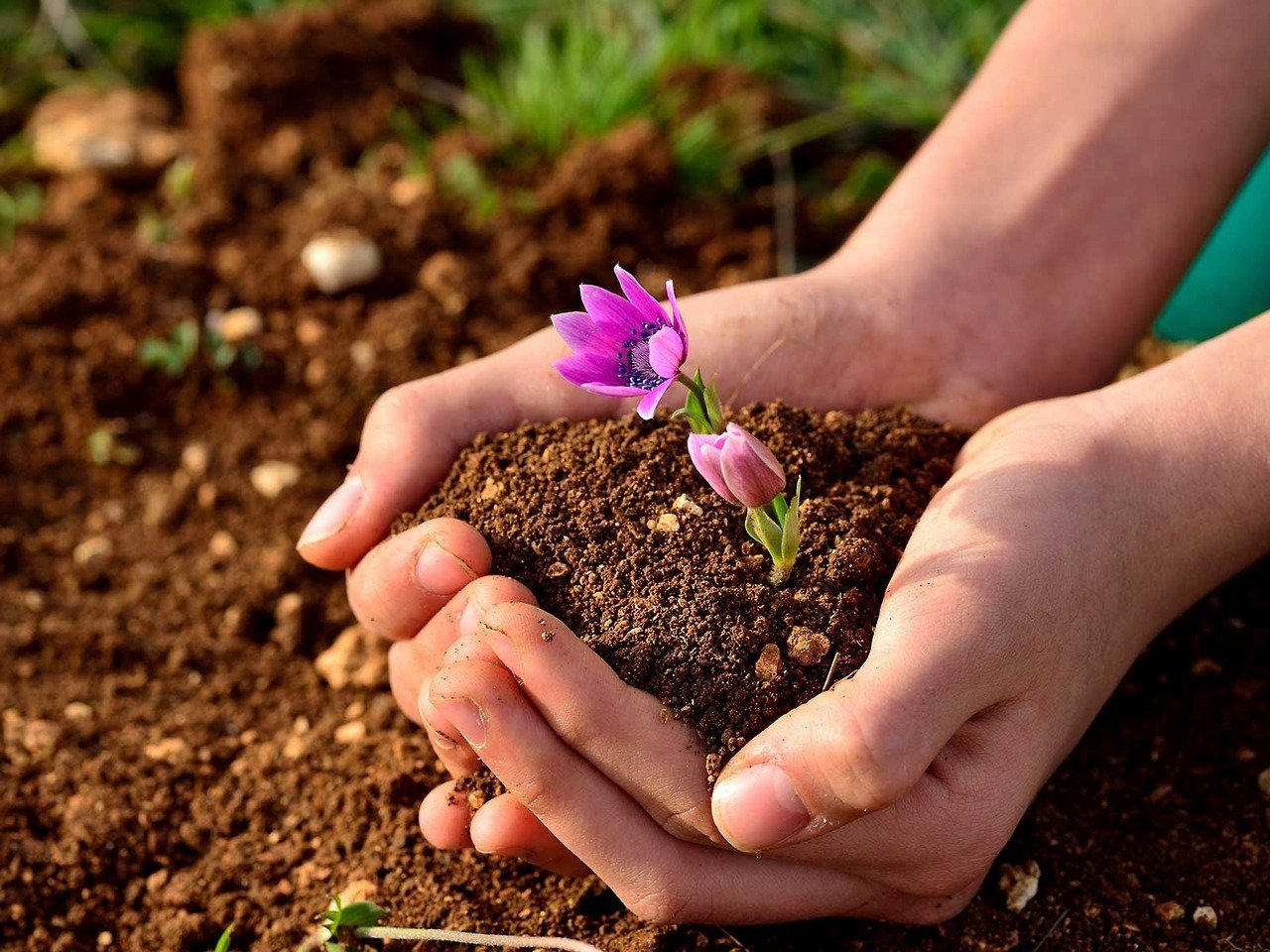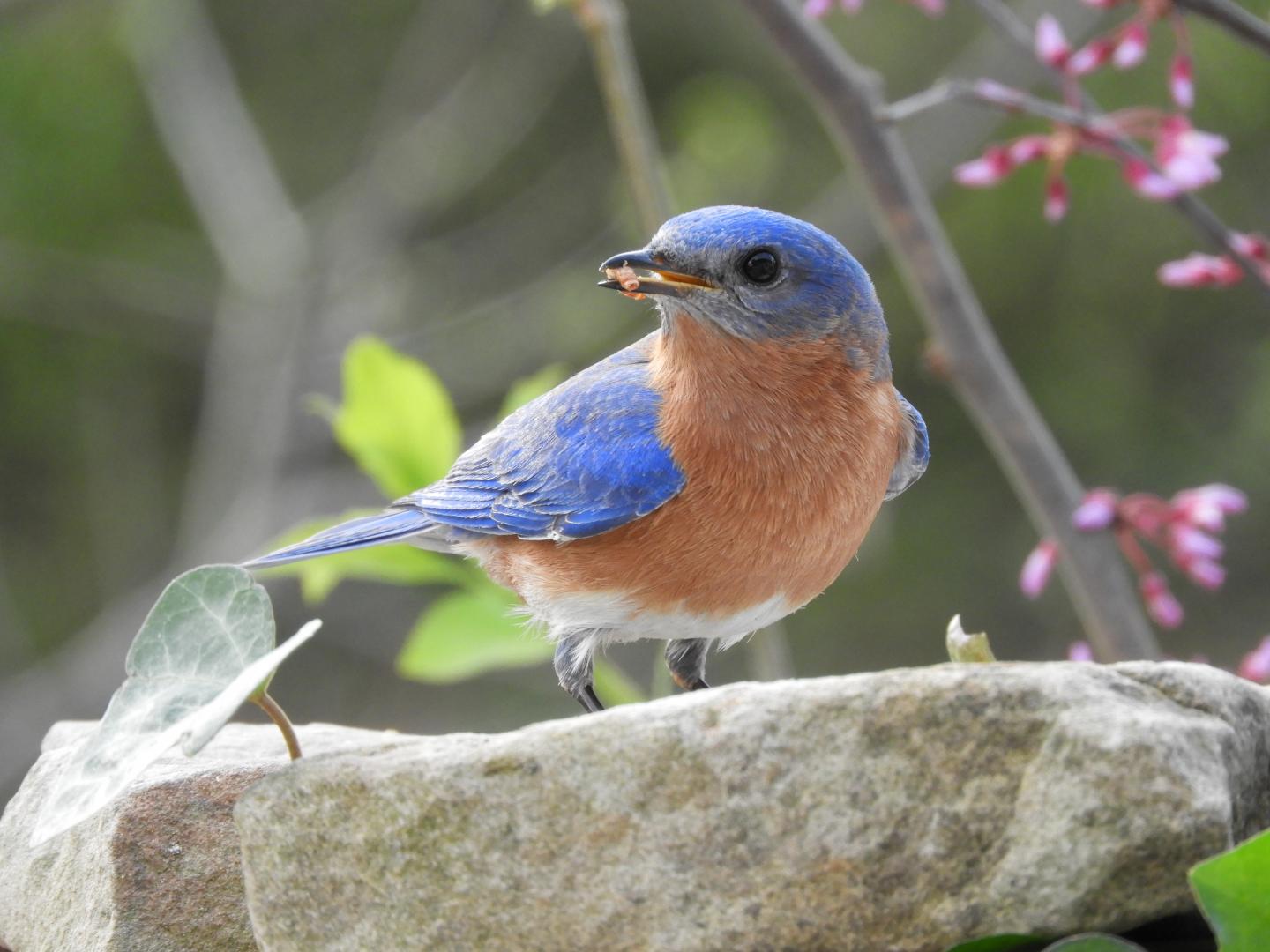How plants in the cabbage family look inward when sulfur is scarce
New research from Kyushu University in Japan provides a better understanding of how chemicals thought to impart unique health benefits to plants in the cabbage family are broken down to promote growth in conditions lacking sufficient sulfur and could aid in the future development of broccoli and cabbage that are even healthier for you. Researchers … Read more
